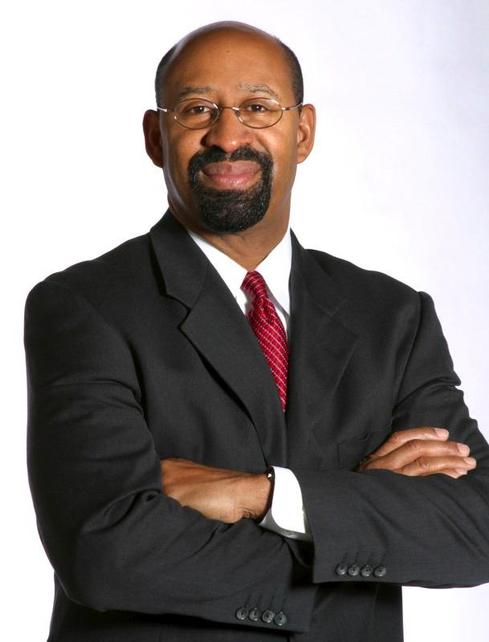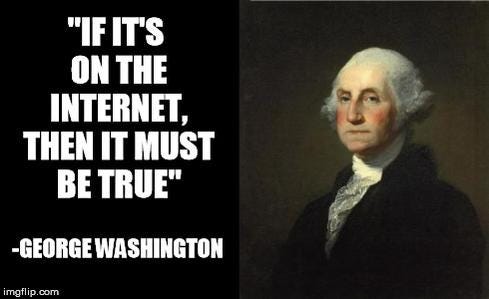System integrator Unisys used the Salesforce Community Cloud to allow new options for citizens to contact and interact with the City of Philadelphia.


9 Most Tech-Savvy Presidents
9 Most Tech-Savvy Presidents (Click image for larger view and slideshow.)
Making government more responsive in a city that's notoriously complicated to govern was the challenge. Philly311 was the response. A new version of the system means that Philadelphia's citizens can be more social in their interactions with city hall -- and government can more easily "like" them back.
Philadelphia started its Philly311 system as a call center in 2008. Since it opened, the system has logged more than 7 million calls on concerns ranging from unrepaired potholes to drug paraphernalia littering city parks. As part of Mayor Michael Nutter's $120 million program of capital investment projects to upgrade technology infrastructure, the city moved the platform for Philly311 to the Salesforce cloud, including both the Service Cloud and the Community Cloud.
System integrator Unisys used the Salesforce Community Cloud to allow new options for citizens to contact and interact with the city. In a telephone interview with InformationWeek, Lisa Hammitt, VP of marketing for the Salesforce Community Cloud, said, "Most of the residents in the area didn't have Internet in their home, so they were dependent on their hand-held devices. Friction with the system was reduced by rolling it out in a mobile app."
In a written statement, Rosetta Lue, Philadelphia's chief customer service officer, said, "The customer may always be right, but that only goes so far if they can't be heard. Philadelphia's citizens are our customers, and we are driven to use the best tools possible to make sure every citizen is connected and we hear their voices, loud and clear." Part of hearing those voices is understanding what they say in aggregate. According to Hammitt, PhillyStat assembles and presents neighborhood-level metrics within the many communities that make up the city. These metrics should allow the city to be more proactive in addressing quality of life issues in those communities and more responsive in dealing with citizen-reported problems.
[ Want to check out more cool innovative ideas? Read 8 Google Projects To Watch In 2015. ]
Among the novel aspects of the program, one recognizes the importance of unofficial community leaders -- the citizens sitting on the stoops of houses -- in observing their neighborhoods and interacting with city government. Hammitt says that, in a pilot neighborhood for the Social Cloud rollout, the community saw a 70% reduction in car burglaries and a 17% reduction in violent crime that was attributed to these social leaders. Hammitt said, "By weaving the social infrastructure into the business process and making it mobile, Philadelphia has made the reach into the community 24/7. The fact that people can take action in the community to improve the quality of the city is really a step function in functionality."

Philadelphia mayor Michael A. Nutter
Mayor Nutter announced the rollout of the new Philly311 system at the inaugural Innovation Summit for the city. The mayor said that, in addition to improving the lives of Philadelphia citizens, the city plans to offer a template for other cities that want to adopt a connected model of interacting with their residents. A copy of the blueprint will be available through the Managing Director's Office. People who are interested should contact Amanda Wagner at (267) 402-0885 or [email protected].
Attend Interop Las Vegas, the leading independent technology conference and expo series designed to inspire, inform, and connect the world's IT community. In 2015, look for all new programs, networking opportunities, and classes that will help you set your organization’s IT action plan. It happens April 27 to May 1. Register with Discount Code MPOIWK for $200 off Total Access & Conference Passes.
About the Author(s)
You May Also Like







